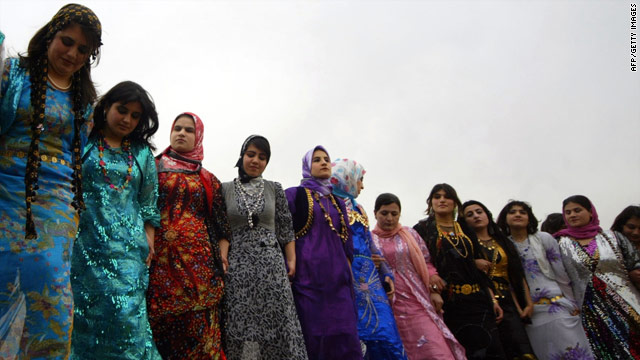By David L. Chaplin II
Impunity Watch Reporter, Asia
JALAL-ABAD, Kyrgyzstan – A Humanitarian crisis and signs of ethnic cleansing is exposed as homes and business have been marked with ethnic background identifying symbols, forcing the displacement of 1 in 4 people and questionable survival for those whom remain.
The ethnic bloodletting has killed hundreds and set off a massive wave of refugees, with 400,000 people crammed in squalid camps with little access to clean water and food.

The Central Asian state’s interim leader believes the number of people killed since violence erupted just over a week ago may be as high as 2,000.
Up to a million people are said to have been affected by fighting between the Kyrgyz majority and minority Uzbeks. Many of those who fled their homes are staying in Uzbekistan.
“Where can we go now? Our belief in the future is dead,” said Mamlyakat Akramova, who lived in the center of Osh, Kyrgyzstan’s second-largest city and the epicenter of the violence that broke out last week.
Entire Uzbek neighborhoods of southern Kyrgyzstan have been reduced to scorched ruins by rampaging mobs of ethnic Kyrgyz who forced nearly half of the region’s roughly 800,000 Uzbeks to flee for their lives.
John Holmes, head of the UN Office for the Co-ordination of Humanitarian Affairs urged a “generous and rapid response” from donors.
“I have been shocked by the extent of the violence and appalled by the deaths and injuries, widespread arson, sexual violence, looting of state, commercial and private property and destruction of infrastructure,” he said.
Muslim tradition of burying the dead before sunset on the day of death meant many hundreds of victims had not been counted. Eyewitnesses and victims have repeatedly said that the violence was orchestrated, and many have accused soldiers from the Kyrgyz military of being involved.
Uzbeks in Osh complained the government was doing too little to alleviate their suffering and said they were relying on small amounts of aid from Uzbekistan. Many refugees complained humanitarian supplies were being blocked and stolen by Kyrgyz officials.
“This is our nation, this is a holy land, but I can’t live here anymore,” said Mukhabat Ergashova, a retiree who had taken shelter with dozens of other in a crowded tent.
“We are all witnesses to the fact that innocent citizens were fired upon from an armored personnel carrier by soldiers in military uniform. I don’t know whether they were from the government or some third party, but they only shot at Uzbeks,” said Sabir Khaidir, and ethnic Uzbek in Jalal-Abad.
For more information, please see:
CNN World – Kyrgyzstan investigating whether troops involved in ethic violence – 20 June 2010
BBC – UN launches $71m appeal for Kyrgystan refugee crisis – 19 June 2010
The Huffington Post – Kyrgyzstan Violence Claims Up to 2,000 Lives – 18 June 2010


